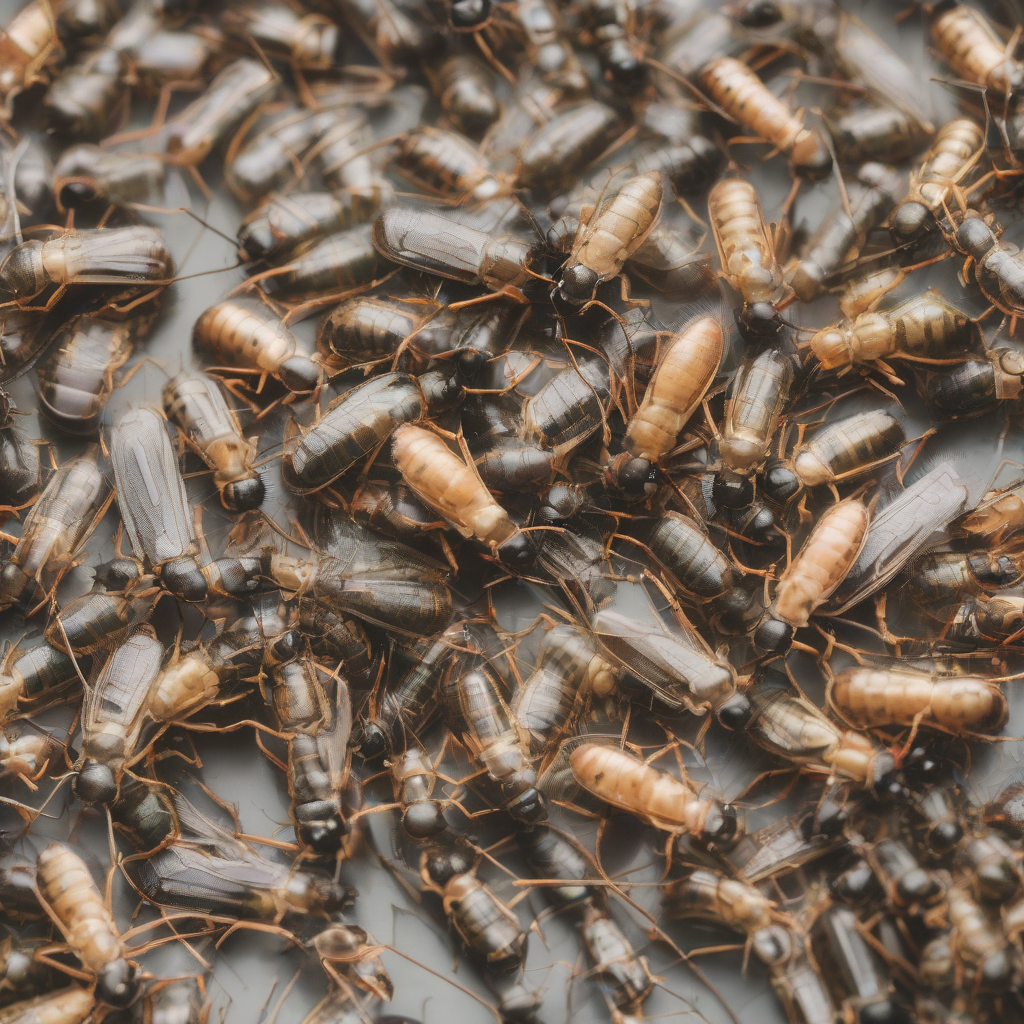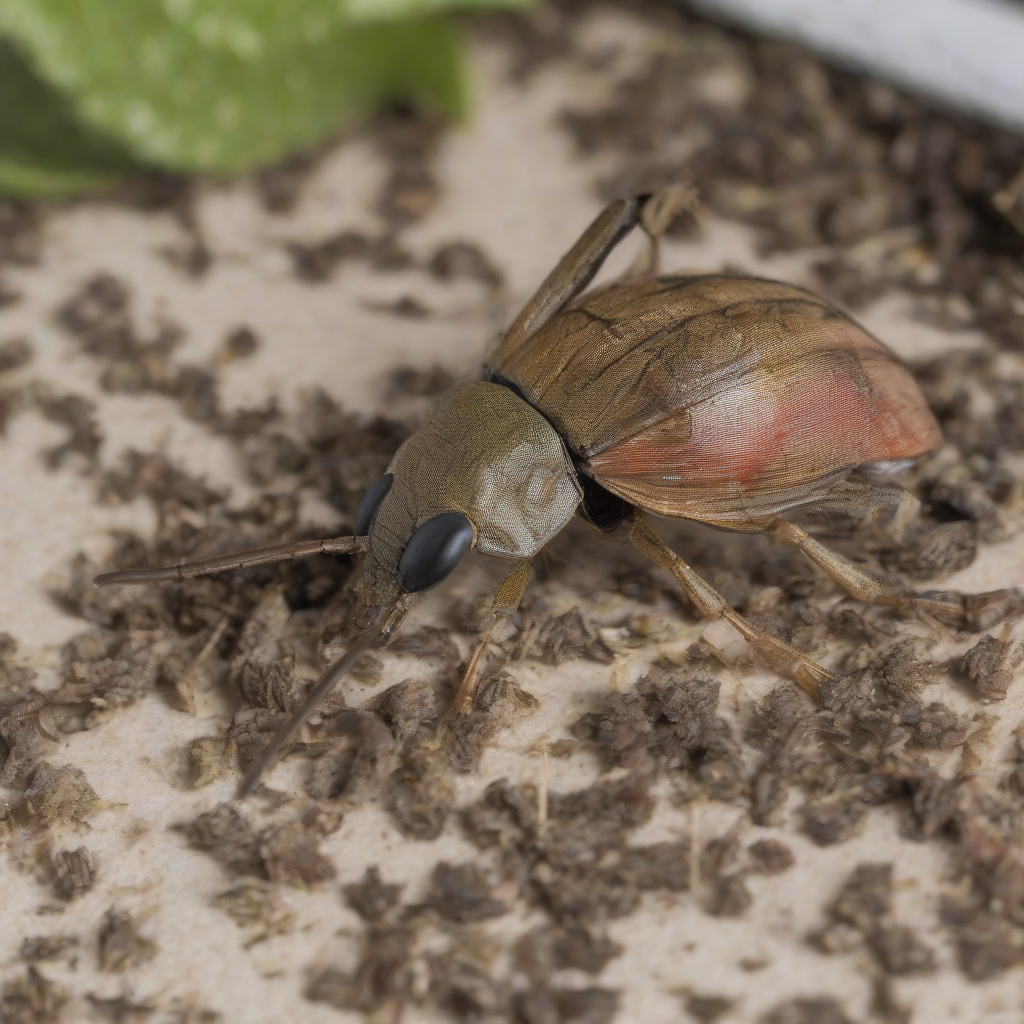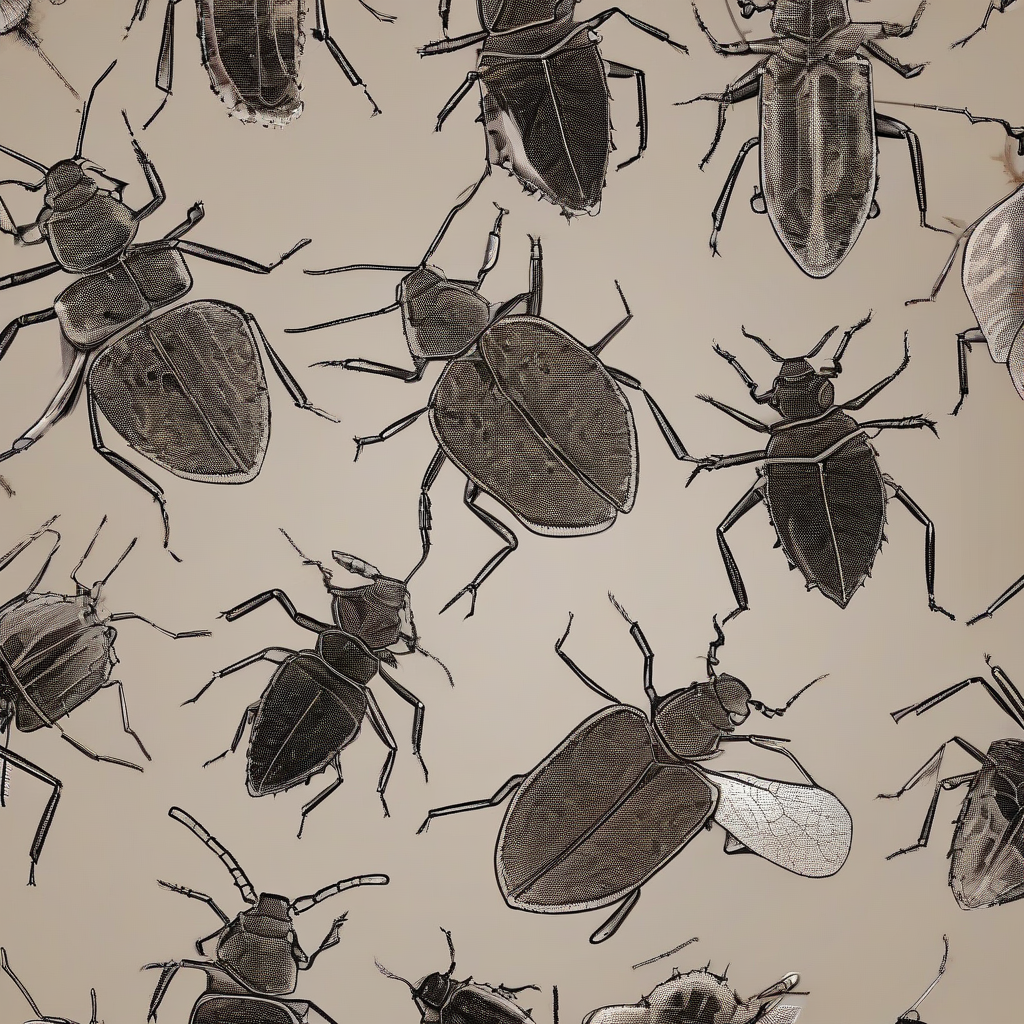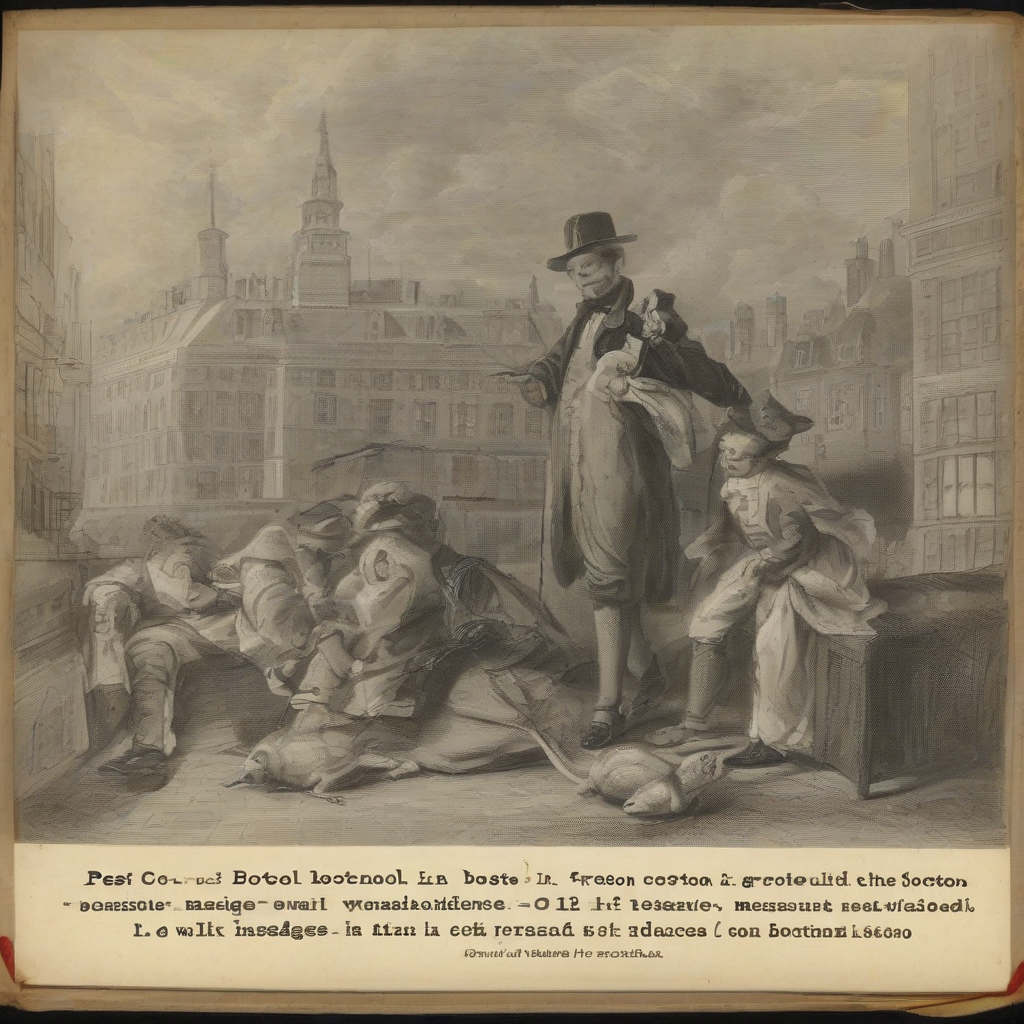Philadelphia Pest Control: A Comprehensive Guide to Protecting Your Home and Business
Philadelphia, a city rich in history and culture, also faces the challenges of pest infestations. From the bustling city center to the quiet residential neighborhoods, pests can wreak havoc on homes and businesses alike. This comprehensive guide delves into the intricacies of pest control in Philadelphia, providing crucial information for residents and business owners seeking effective and safe solutions.
Common Pests in Philadelphia
Philadelphia’s diverse environment supports a variety of pests. Understanding the common culprits is the first step towards effective pest management.
- Rodents (Rats and Mice): These are prevalent throughout the city, attracted by readily available food sources and shelter. Their presence poses health risks through disease transmission and property damage.
- Cockroaches: German cockroaches, American cockroaches, and other species thrive in damp, dark areas, often found in kitchens, basements, and sewers. Their presence is unsanitary and can trigger allergic reactions.
- Ants: Various ant species, including carpenter ants and pavement ants, infiltrate homes and businesses seeking food and water. Carpenter ants, in particular, can cause structural damage.
- Bed Bugs: These parasitic insects feed on human blood, causing itchy bites and disrupting sleep. Their prevalence in densely populated areas like Philadelphia makes them a significant concern.
- Termites: These wood-destroying insects pose a serious threat to the structural integrity of buildings. Their subterranean activity can go unnoticed for years, leading to costly repairs.
- Birds: Pigeons, sparrows, and other birds can create nuisances with their droppings, which can damage property and pose health hazards.
- Stinging Insects (Wasps, Hornets, Bees): These insects pose a danger through their stings, especially to those with allergies. Their nests should be handled by professionals.
- Spiders: While many spiders are harmless, some species like black widows and brown recluses can inflict painful bites.
Factors Influencing Pest Activity in Philadelphia
Several factors contribute to the prevalence of pests in Philadelphia:
- Climate: Philadelphia’s four distinct seasons provide favorable conditions for various pests throughout the year.
- Urban Density: The city’s high population density and abundance of buildings create ample hiding places and food sources for pests.
- Food Availability: Restaurants, food processing plants, and residential areas provide abundant food sources that attract pests.
- Sanitation: Improper waste disposal and sanitation practices can contribute to pest infestations.
- Aging Infrastructure: Older buildings often have cracks and gaps that provide easy entry points for pests.
Pest Control Methods
Effective pest control in Philadelphia involves a multi-pronged approach:
- Exclusion: Preventing pests from entering your home or business through sealing cracks and gaps, installing screens on windows and doors, and repairing damaged areas.
- Sanitation: Maintaining cleanliness, promptly disposing of garbage, storing food properly, and eliminating clutter to remove attractants.
- Integrated Pest Management (IPM): A holistic approach that prioritizes non-chemical methods before resorting to pesticides, involving monitoring, identifying pest activity, and implementing targeted control measures.
- Chemical Control: Using pesticides, insecticides, and rodenticides when necessary and only after exploring other methods. It is crucial to choose environmentally friendly and safe products, and follow all instructions carefully.
- Professional Pest Control Services: Hiring licensed and experienced pest control professionals for effective and safe treatment, especially for serious infestations.
Choosing a Pest Control Company in Philadelphia
Selecting a reputable pest control company is crucial for effective and safe pest management. Consider the following factors:
- Licensing and Insurance: Ensure the company is properly licensed and insured to operate in Philadelphia.
- Experience and Reputation: Check online reviews and testimonials to gauge the company’s reputation and experience.
- Services Offered: Choose a company that offers a range of services tailored to your specific needs and pest concerns.
- Treatment Methods: Inquire about the company’s approach to pest control, ensuring they prioritize environmentally friendly and safe methods.
- Pricing and Contracts: Compare pricing and contract terms from multiple companies before making a decision.
- Guarantee and Warranty: Check if the company offers a guarantee or warranty on their services.
Preventing Pest Infestations
Proactive measures significantly reduce the likelihood of pest infestations:
- Regular Cleaning: Maintain a clean and organized environment, both inside and outside your property.
- Proper Food Storage: Store food in airtight containers and clean up spills promptly.
- Eliminate Moisture: Address leaks and moisture issues promptly to prevent damp areas that attract pests.
- Sealing Entry Points: Regularly inspect your property for cracks and gaps and seal them to prevent pest entry.
- Landscaping: Maintain a well-maintained lawn and landscaping to minimize pest harborage sites.
- Garbage Disposal: Dispose of garbage properly and regularly to avoid attracting pests.
Health and Safety Concerns
Pest infestations pose several health and safety risks:
- Disease Transmission: Rodents and insects can carry and transmit diseases to humans.
- Allergies and Asthma: Pest droppings and allergens can trigger allergic reactions and worsen asthma symptoms.
- Structural Damage: Termites and carpenter ants can cause significant structural damage to buildings.
- Bites and Stings: Insect bites and stings can cause pain, itching, and allergic reactions.
- Food Contamination: Pests can contaminate food, leading to foodborne illnesses.
Resources for Pest Control in Philadelphia
Several resources are available for residents and business owners seeking information and assistance with pest control in Philadelphia:
- Philadelphia Department of Public Health: Provides information and resources on pest control and public health concerns.
- Pennsylvania Department of Agriculture: Regulates pest control companies and provides information on pest management.
- Online Reviews and Directories: Utilize online resources to research and compare different pest control companies.
- Local Pest Control Associations: Contact local pest control associations for referrals and information.
Specific Pest Control Challenges in Philadelphia
Philadelphia presents unique challenges regarding pest control:
- Historic Buildings: Older buildings often have compromised structural integrity, making them more vulnerable to pest infestations.
- Dense Population: The high population density facilitates the rapid spread of pests.
- Varied Habitats: The city’s mix of urban, residential, and green spaces creates diverse habitats for different pests.
- Access to Food Sources: The abundance of food sources in the city attracts a wide range of pests.
The Importance of Prevention
The most effective pest control strategy is prevention. By implementing proactive measures, you can significantly reduce the likelihood of infestations and the need for professional intervention.
- Regular Inspections: Regularly inspect your home or business for signs of pest activity.
- Prompt Action: Address any signs of pest activity immediately to prevent infestations from becoming larger problems.
- Professional Advice: Consult with a pest control professional for guidance on preventative measures specific to your situation.





